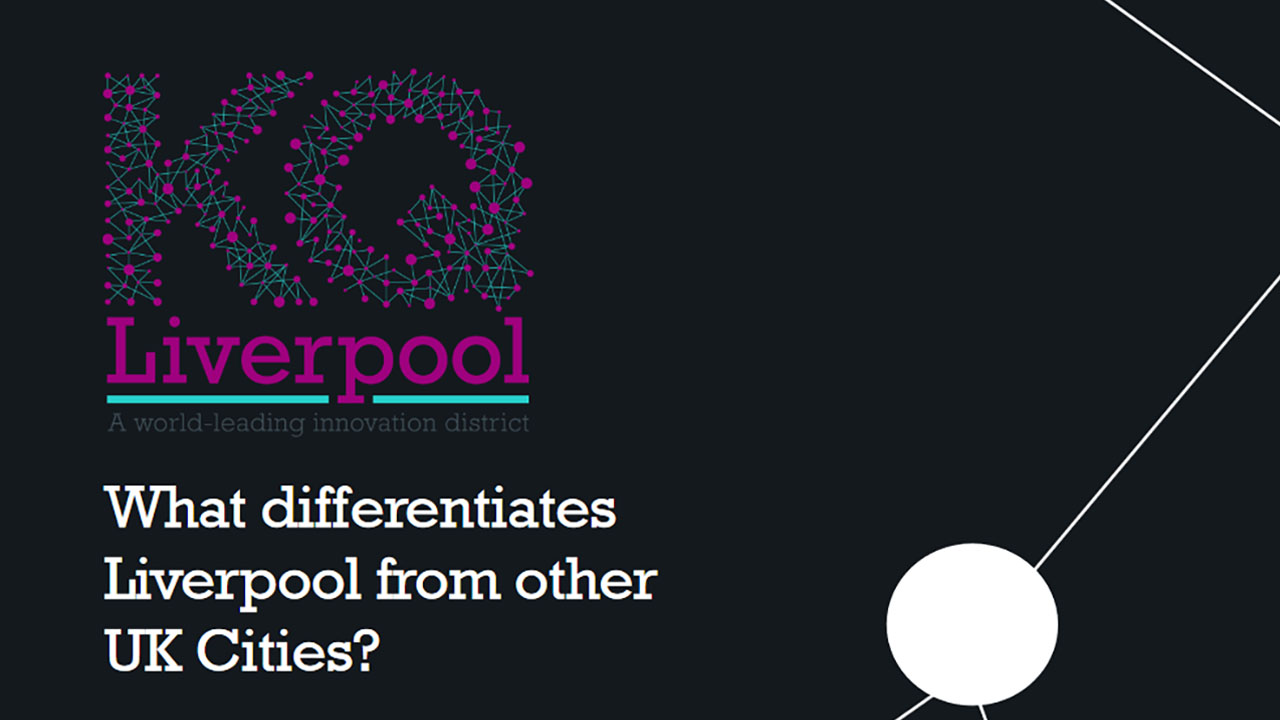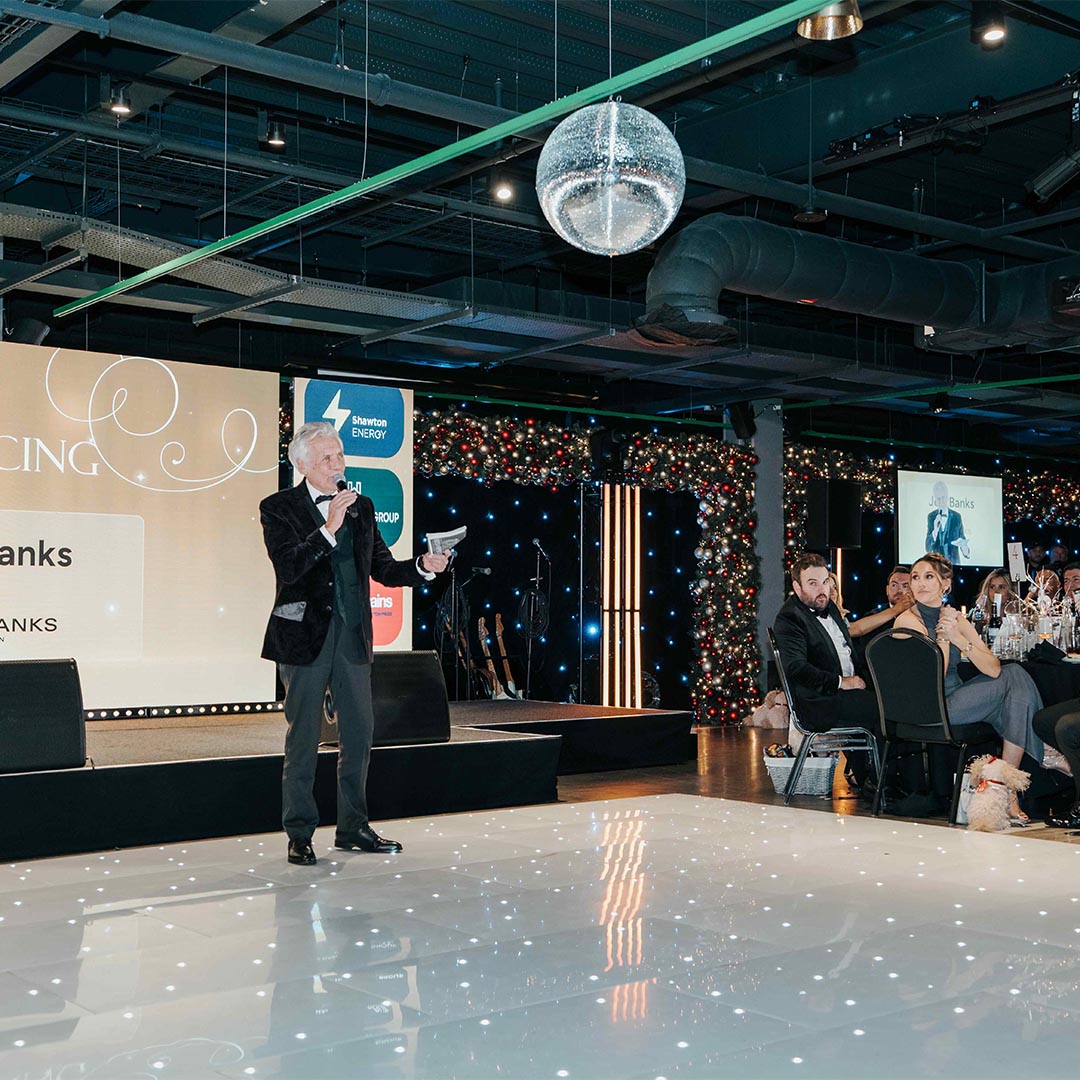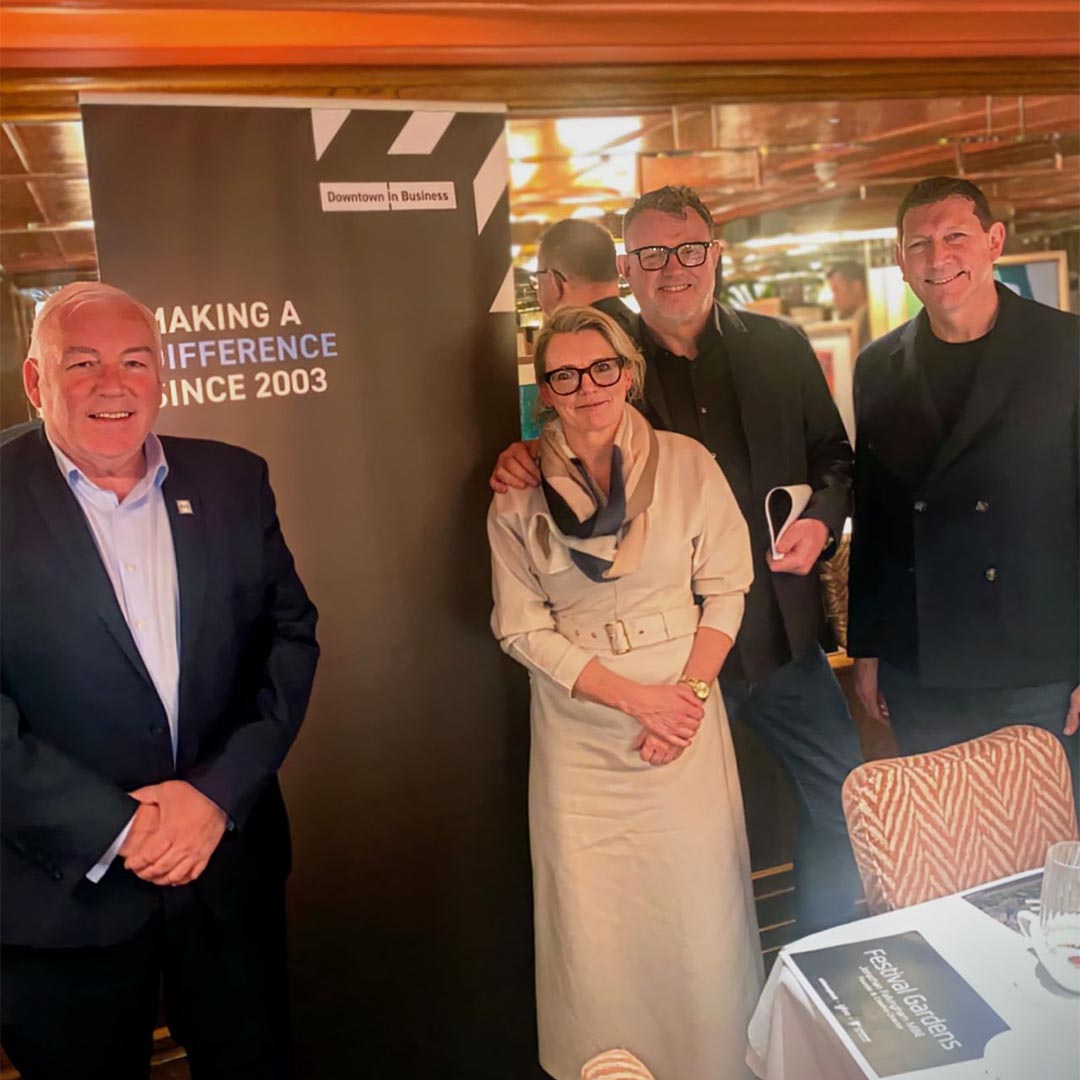Informed by the thoughts and insights of over 30 city leaders and change makers, KQ Liverpool has published a report which explores what differentiates Liverpool from other UK cities.
City differentiation plays a key role in city competitiveness and is used as a tool to attract investment and retain talent. Differentiation is largely achieved through consistent and bold messaging. Claims which have to be closely aligned to the city’s proven strengths and specialisms to have authenticity.
How people imagine a place, in part, owes to what they read and the stories they are told about it. For a long time, the Liverpool story told globally has been that of the Port, the Beatles and Liverpool Football Club. And that is what the city is still largely known for worldwide. Liverpool has made great strides in recent years, since it was European Capital of Culture in 2008, and internationally at least Liverpool is once again seen as a vibrant, lively, University city that is already positively differentiated from other cities. A waterfront city that is rich in culture and heritage and increasingly focused on innovation in science and technology.
However, Liverpool has to do more to make some of its positive differences known, particularly in the UK. From the region’s capabilities in advanced manufacturing and pharmaceuticals to the city’s innovation district Knowledge Quarter (KQ Liverpool), with increasing recognition of Liverpool’s strengths in infectious diseases, health informatics and materials chemistry.
The paper explores how Liverpool’s differentiators today – its innovation, people and culture – are linked to the city’s past and suggests ways Liverpool can better capitalise on its existing differences to drive future inclusive growth. It concludes by looking optimistically ahead to what might differentiate Liverpool in the future. From the Pandemic Institute to the Freeport, sustaining the levels of collaboration and partnership working in Liverpool that the pandemic has brought, will undoubtedly stand the city and region apart in the future.
With support from the Heseltine Institute for Public Policy, Practice and Place at the University of Liverpool, the paper was co-written by Colin Sinclair, CEO of KQ Liverpool and Sciontec, and Emily Cook, Policy Assistant at KQ Liverpool.
A full version of the paper can be accessed here. The paper is accompanied by a policy briefing published as part of the Heseltine Institute’s latest policy brief series which focuses on the themes of post-pandemic renewal and recovery. The series will contribute to the creative and innovative thinking about how cities and regions can recover from the impacts of COVID-19.
Read the full report: https://www.kqliverpool.co.uk/differentiates-liverpool-uk-cities/









